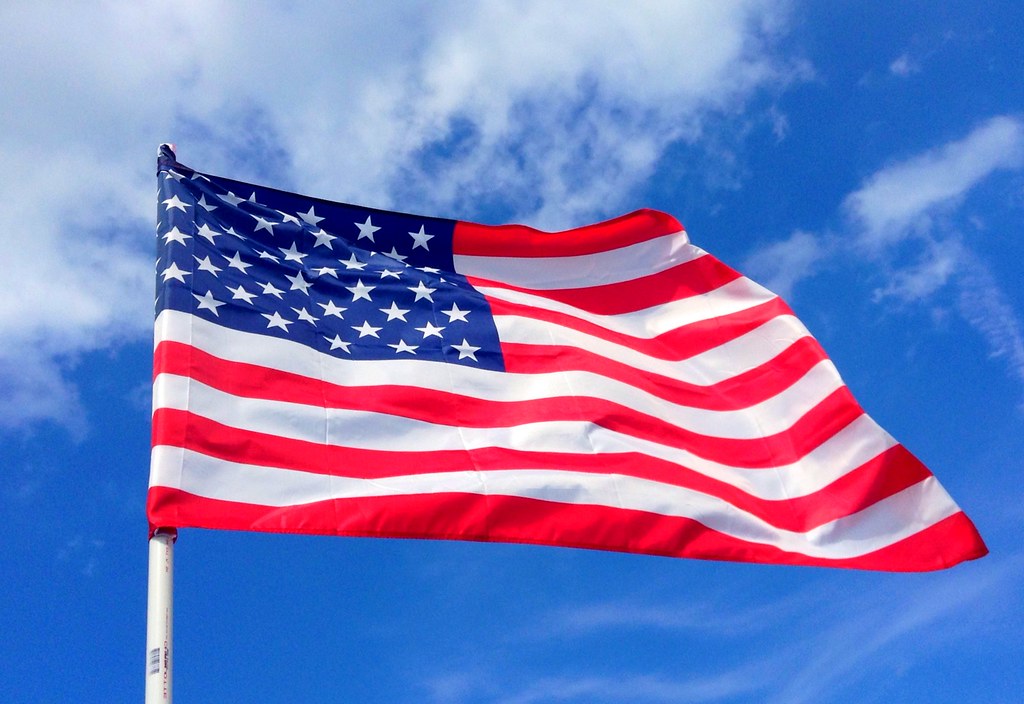Key Takeaways:
- Donald Trump ended his second state visit to the UK with British Prime Minister Keir Starmer.
- Both leaders praised the strong “special relationship” between the US and UK.
- They avoided arguments over Gaza and clean energy to show unity.
- Trump expressed disappointment with Russian President Vladimir Putin.
- The visit closed with a sense of cooperation and shared goals.
A New Chapter for the US-UK Special Relationship
The “special relationship” between the United States and the United Kingdom is getting a fresh boost. During Donald Trump’s second state visit to the UK, he and newly elected Prime Minister Keir Starmer showed unity on key issues. In a press conference filled with warm words and firm handshakes, both leaders made it clear: they want a strong partnership moving forward.
Trump, now back in the White House for a second term, praised the British people and their new leader. Meanwhile, Starmer welcomed the US president with open arms, marking an important step in strengthening this decades-long alliance. Despite having different political views, they managed to find common ground.
Let’s break down what happened, why this matters, and what it could mean for the future of the US-UK relationship.
Trump’s Visit: A Symbol of the Special Relationship
Trump’s second state visit to the UK was more than just fancy dinners and royal traditions. It was about diplomacy, partnership, and setting the tone for future cooperation. The US-UK special relationship has been through ups and downs over the years, but this visit tried to hit the refresh button.
The leaders avoided deep arguments over hot topics like the ongoing war in Gaza and the growth of wind energy. Instead, they focused on where they agree—security, trade, and global leadership. Their goal was clear: show the world that the bond between the two nations is still strong.
Holding their press conference side by side, both leaders used calm and respectful tones. This helped shift attention toward working together rather than highlighting their differences.
Different Views, One Goal
Even though Trump and Starmer don’t agree on everything, they did a good job hiding those disagreements during the visit. Starmer, a centrist who supports greener energy, and Trump, who’s known for backing oil and gas, chose to ignore these contrasts—for now.
Trump was also careful when asked about the conflict in Gaza. He didn’t say much but emphasized the importance of peace and stability. Starmer echoed that message, adding that both leaders support a two-state solution for Israel and Palestine, although details remain unclear.
More importantly, they stayed focused on unity. That decision helped keep the spotlight on the special relationship, rather than any specific arguments.
Trump’s Comments on Putin Raise Eyebrows
In a surprising moment, Trump took a shot at Russian President Vladimir Putin. “He let me down,” Trump said, showing disappointment in the Russian leader’s recent actions. He didn’t give much detail, but the message was clear: the US is uneasy with some of Russia’s decisions.
This comment marked a shift from Trump’s past softer tone on Russia. It could mean he’s trying to rebuild trust with European allies, especially the UK, many of whom feel threatened by Russian aggression.
Starmer did not comment directly on that statement but agreed the West must stay united to challenge threats from countries like Russia and China.
Military and Trade Talks on the Table
Both leaders agreed to strengthen military and defense efforts. They pledged continued support for NATO and shared goals in global security. Starmer called the US “our most important defense partner,” a statement that drew strong applause from both sides.
Trade was also discussed, though no big deals were announced. Trump said he hopes to make UK-US trade “smoother and stronger.” Starmer nodded in agreement, saying he’s open to exploring ways to boost jobs and industries in both countries.
While no ground-breaking deals were finalized, both sides promised to work toward bigger plans in the near future.
Public Reaction: Mixed but Hopeful
Not everyone is thrilled about Trump’s visit. Protesters gathered in parts of London, voicing concern over his policies. Some criticized Starmer for being too friendly. Others saw the visit as a smart move, showing that the UK isn’t afraid to work with leaders from any party.
Among US citizens living in Britain, reactions were mixed. Some approved of Trump’s calm tone and diplomatic approach, while others remained skeptical.
Still, most agree that the strong bond between the UK and US is needed in today’s tense world. And if the leaders continue to find common ground, that bond could grow even stronger.
Looking Ahead: The Future of the Special Relationship
This visit may have ended, but the future of the special relationship is just getting started. Trump and Starmer are betting that working together makes both countries stronger.
They promised to keep meeting, keep talking, and keep building this critical partnership. From climate change and security to trade and technology, the two nations have lots to discuss.
And even when leaders disagree, the history and deep ties between the US and UK are likely to hold steady—especially if both sides keep their eyes on shared goals rather than separate politics.
FAQs
What does “special relationship” mean between the US and UK?
It’s a term that describes the close political, military, and economic ties between the United States and the United Kingdom.
Why did Trump visit the UK again?
This was Trump’s second state visit as president, aimed at strengthening diplomatic and trade ties between the two nations.
Did Trump and Starmer agree on all issues?
No. They have different views on topics like clean energy and the Middle East. However, they chose to focus on unity during the visit.
Will there be new trade deals between the US and UK?
Not yet, but both leaders said they plan to work on improving trade and economic cooperation in the future.
